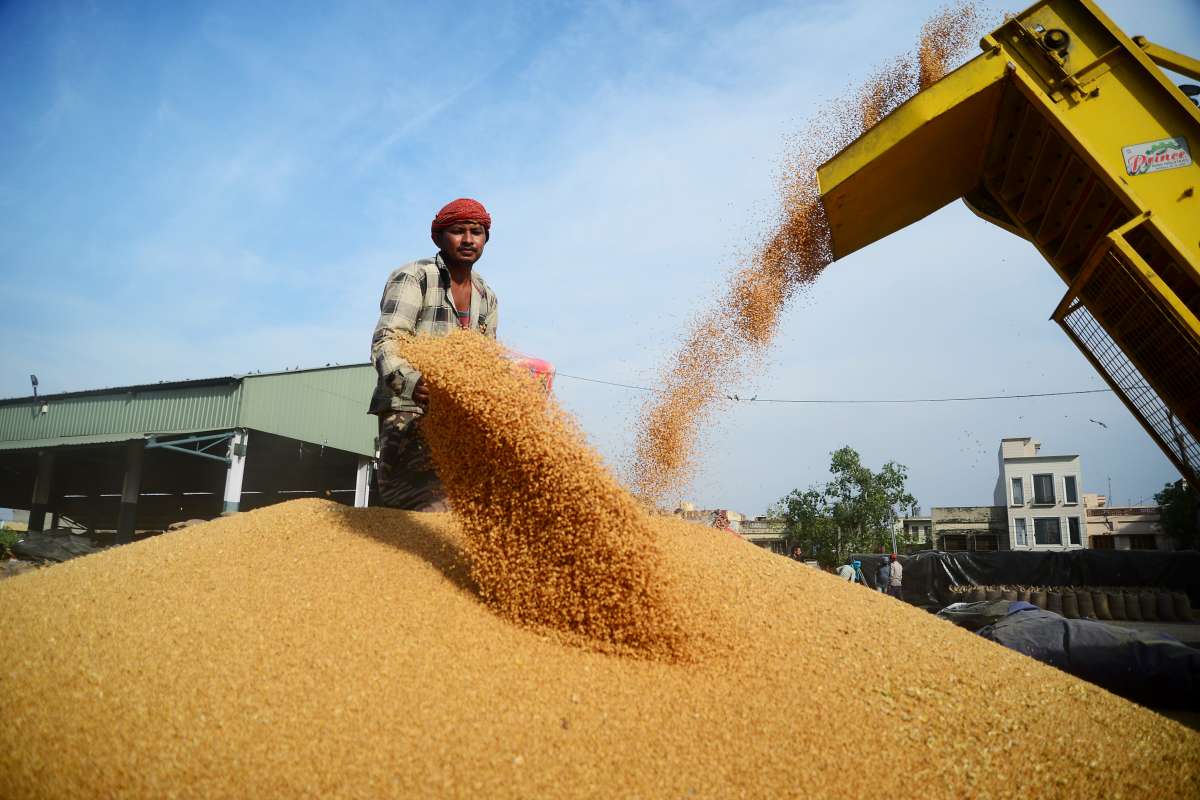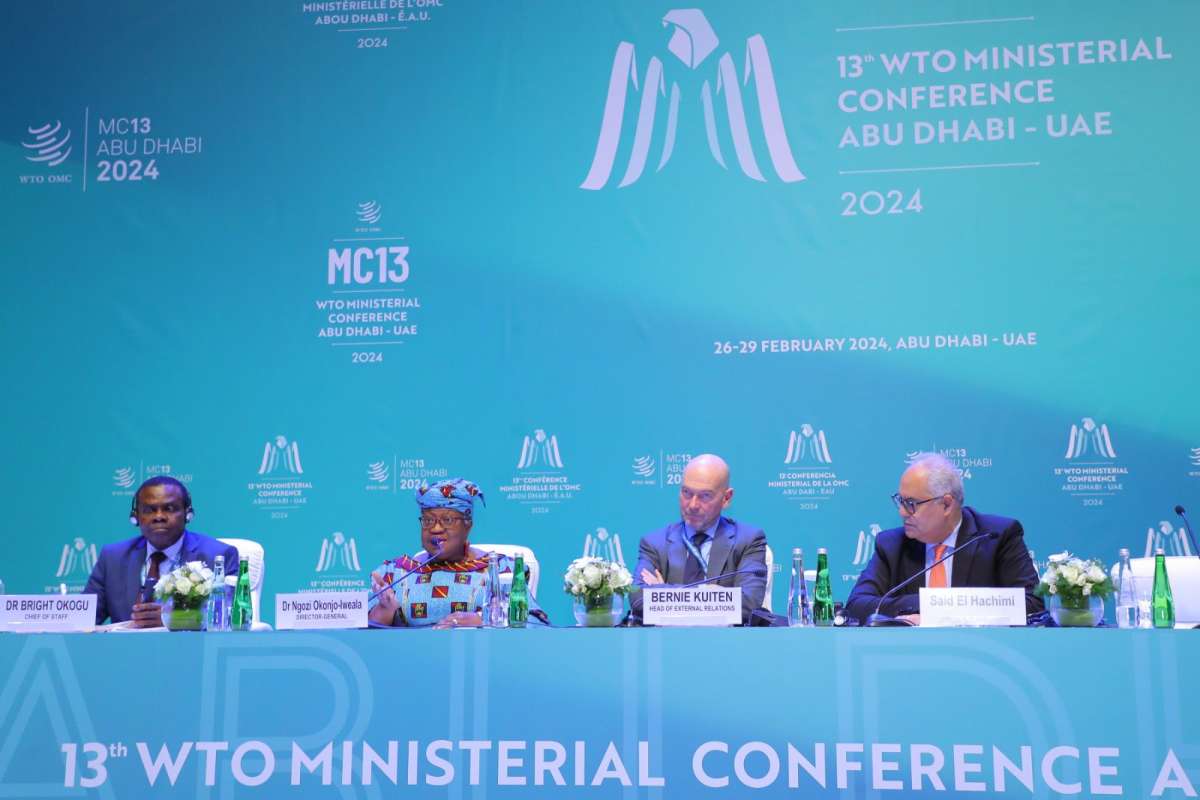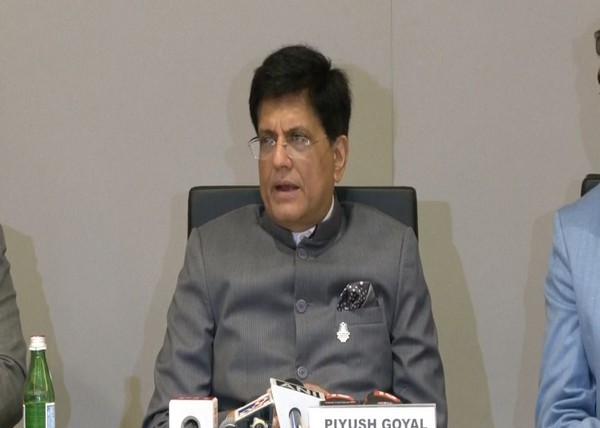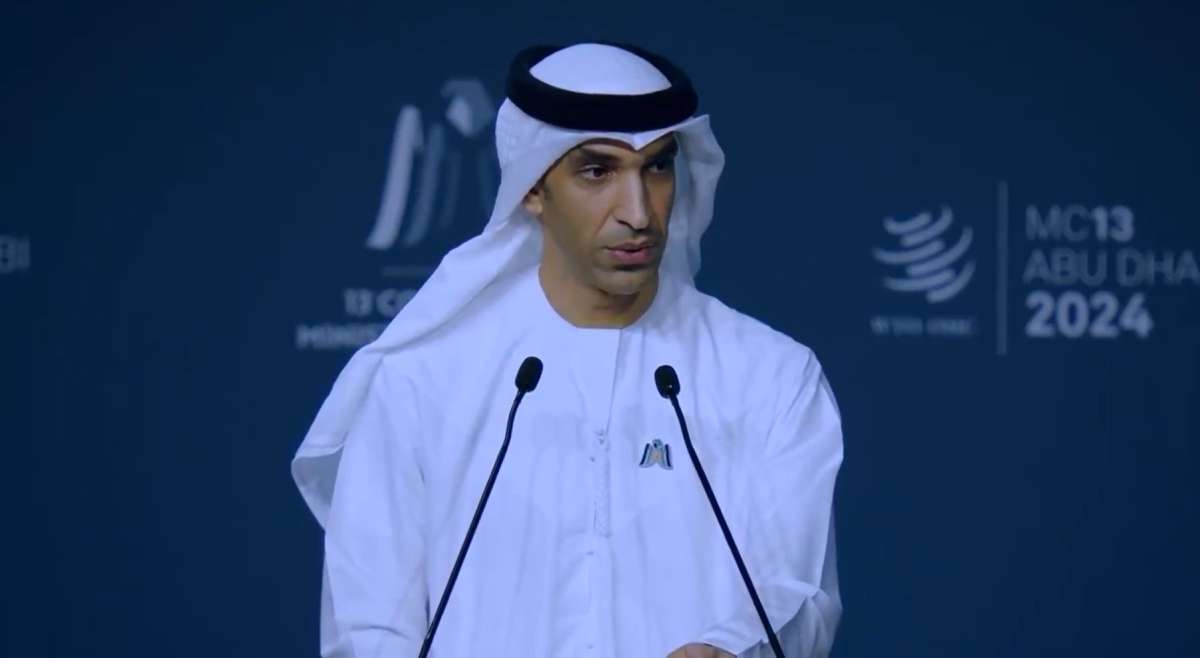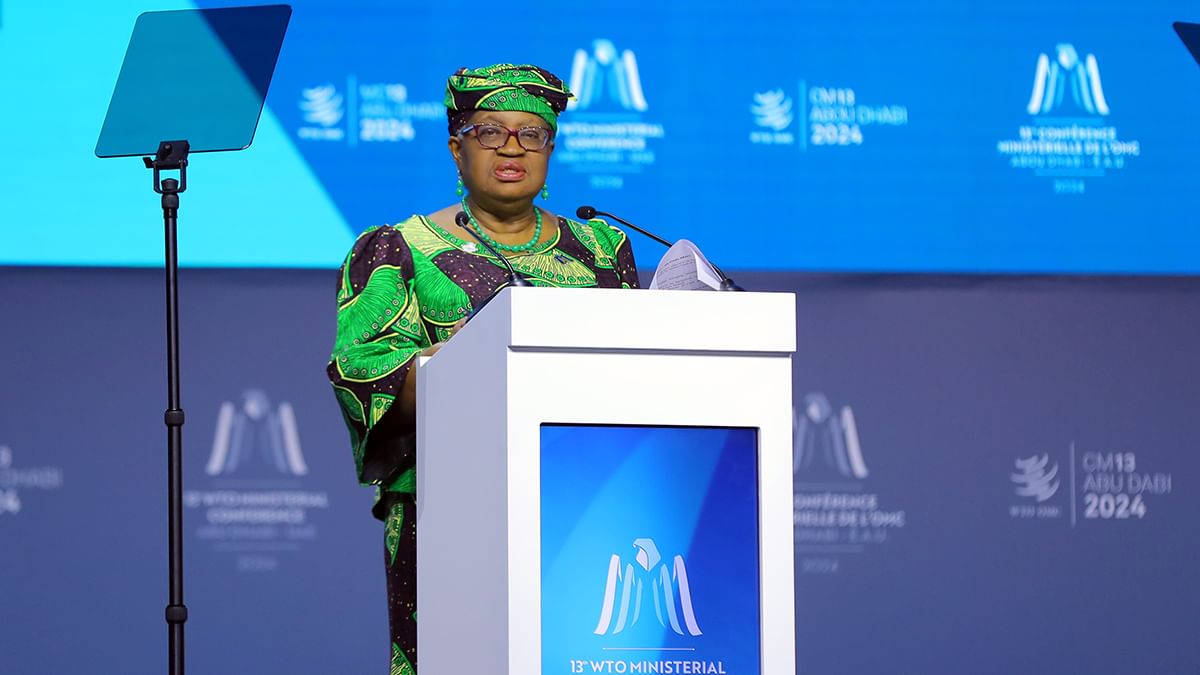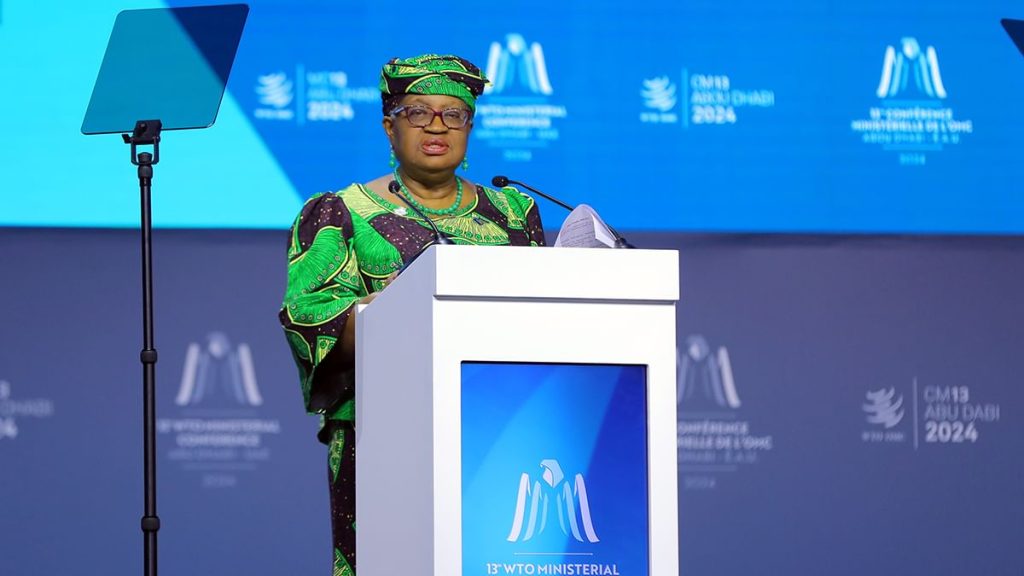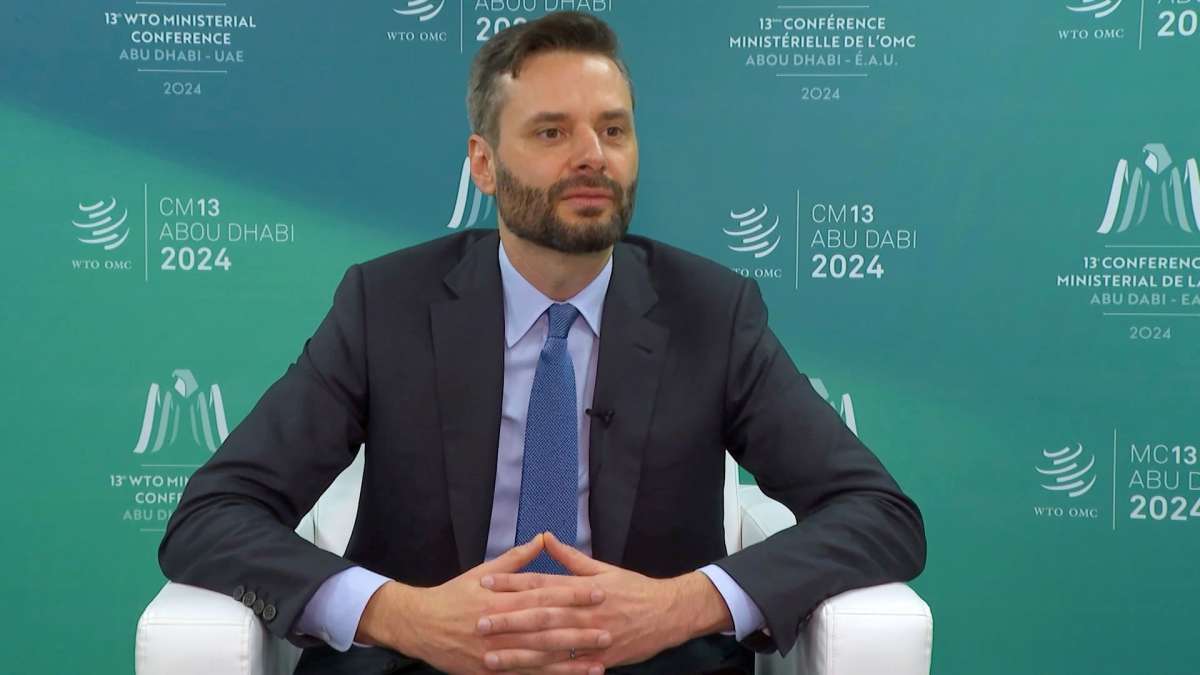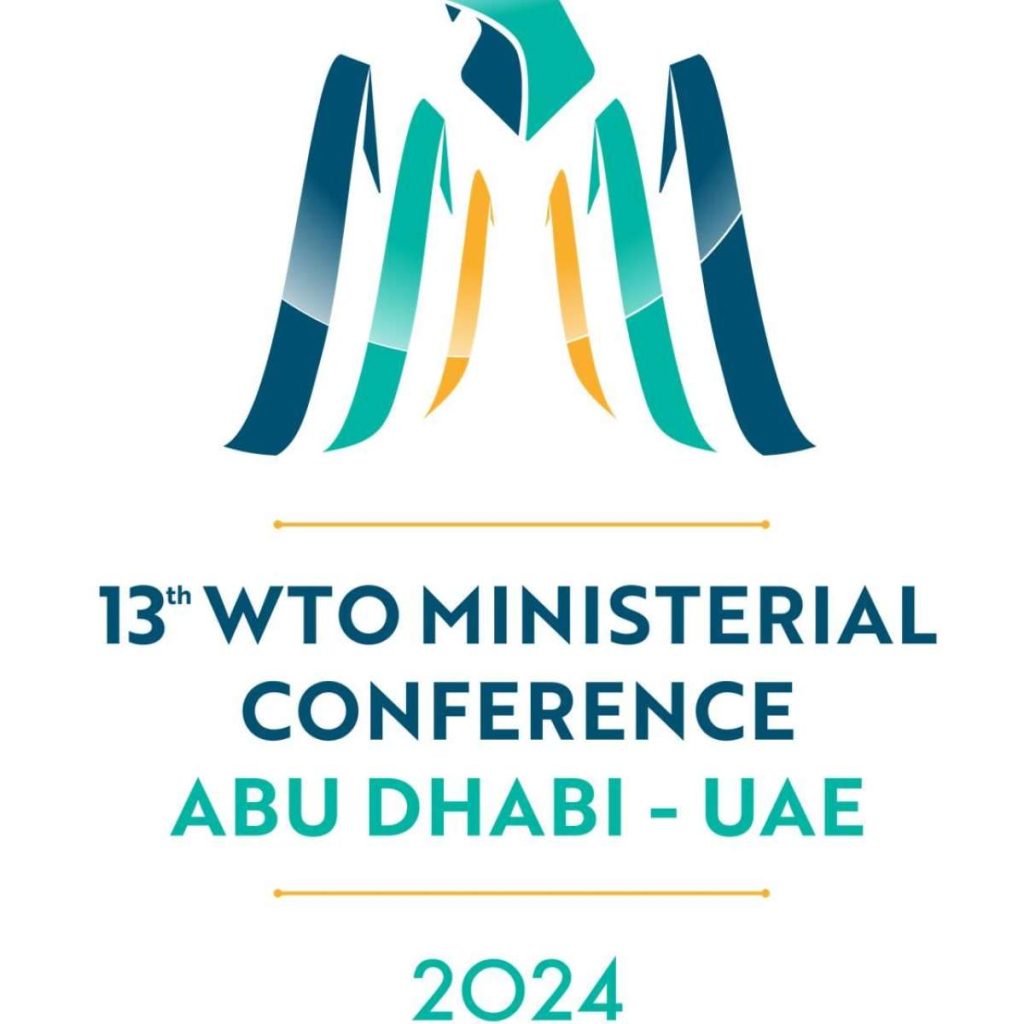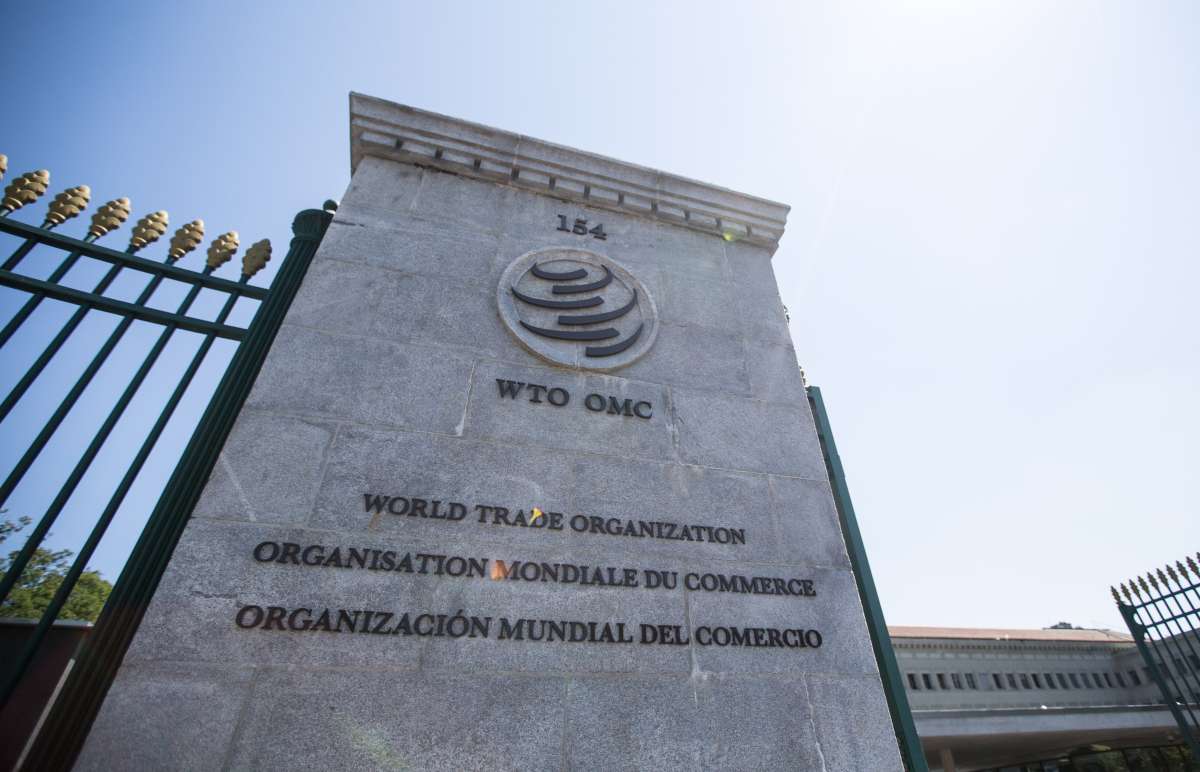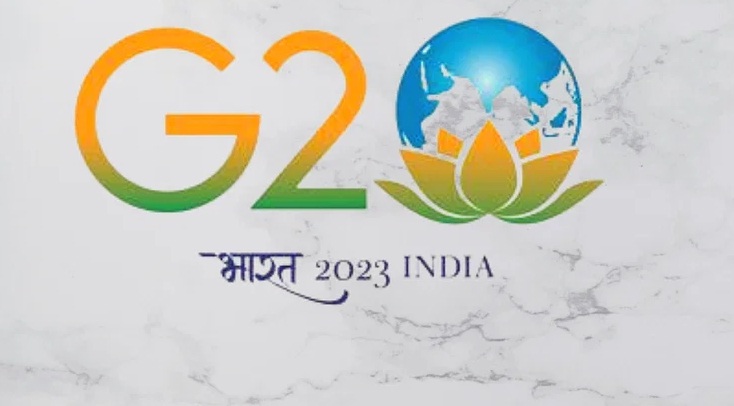US, Australia, Canada, Argentina and Ukraine have alleged that India may be providing market price support for rice and wheat “vastly in excess” of what it has reported to the WTO
The US, Australia, Canada, Argentina and Ukraine have alleged that India may be providing market price support (MPS) for rice and wheat “vastly in excess” of what it has reported to the WTO.
The MPS, given mostly in the form of MSP support to farmers in India, appears to have been over 87 per cent of value of production (VoP) for rice and 67-75 per cent of VoP for wheat in each of the two covered years (2021-23) for which India has notified data, the five countries stated in a joint submission made to the WTO Committee on Agriculture.
“India’s notifications for the years at issue appear to dramatically under-report the value of India’s MPS for rice and wheat,” the submission noted.
India has been refuting similar charges made by some members, including the US, in the past on the ground that the method of calculation was faulty. “As in the past, India will come up with a suitable response to these allegations. The country’s notifications to the WTO are both timely and correct,” a source said.
Refuting the allegations is important for India as the WTO rules place a cap of 10 per cent of VoP on market price support programmes (classified as trade distorting) such as the MSP for developing countries. While a peace clause agreed to at the WTO’s Bali Ministerial Conference of 2013 gives many developing countries, including India, immunity against legal action in case the limit is breached, the immunity is subject to multiple onerous clauses.
While India has invoked the peace clause for rice about five times for over-shooting the WTO cap by a moderate margin, it has never invoked it for wheat.
India, and many other developing countries, have been pushing for a permanent solution to the problem of public stock holding at the WTO so that they can continue with their livelihood-supporting MSP programmes without challenges, but several members, mostly developed nations, have been opposing it.
The five countries challenging India’s MPS notifications pointed out in their submission that for MY (marketing year) 2022/23, the Indian notification showed a value of support of ₹4,76,145 million for rice and ₹640 million for wheat while their own estimates were at ₹3,728,465 million for rice and ₹1,789,595 million for wheat. “The differences between India’s reported figures and the apparent actual figures for other years are of similar magnitude,” it added.
India’s domestic support notifications appear to reflect only volumes actually purchased pursuant to the MPS programme which is different from the methodology India used previously to notify eligible production, the co-sponsors pointed out. “In other responses to questions in the Committee on Agriculture…. India has stated that the reason for its use of the procured quantity as eligible production is that the only farmers to benefit from the MSP are those whose product is procured by a government agency,” the submission added.
India’s reporting of only procured quantities is directly contrary to the MPS calculation methodology required by the Agreement on Agriculture of the WTO, the co-sponsors challenged. The required methodology provides for the calculation to be based on all production eligible for the price, whether or not actually procured by a member’s government at that price. “Accordingly, the cosponsors have estimated MPS here based on all eligible production, as opposed to just that portion of production actually procured by government entities in India,” the submission noted.
The countries said they that they looked forward to future discussion of the significance of India’s MPS for rice and wheat for both India’s market and for world markets — both with India and with other members.
India has notified the WTO that while the value of India’s total production of rice stood at USD 52.8 billion in 2022-23, a subsidy worth USD 6.39 billion was given to farmers during the marketing year. The country has time and again called on WTO members to find a permanent solution to the long-pending public food stockpile issue, saying it is directly related to achieving the sustainable development goal of zero hunger by 2030.
The PSH (public stockholding) programme is a policy tool under which the government procures crops like rice and wheat from farmers at the minimum support price (MSP) and stores and distributes foodgrain to the poor. Under the global trade norms, a WTO member country’s food subsidy bill should not breach the limit of 10 per cent of the value of production based on the reference price of 1986-88.
India has been seeking amendments to the formula for calculating the food subsidy cap. As an interim measure, the WTO members at the Bali ministerial meeting in December 2013 had agreed to put in place a mechanism popularly called the Peace Clause and committed to negotiating an agreement for a permanent solution.
Under the Peace Clause, WTO members agreed to refrain from challenging any breach of the prescribed ceiling by a developing nation at the dispute settlement forum of the WTO. This clause will be there till a permanent solution is found to the food stockpiling issue.
ALSO READ: West Bank Remembers Arafat

